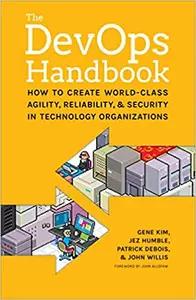The DevOps Handbook: How to Create World-Class Agility, Reliability, & Security in Technology Organizations
By Gene Kim
Category
TechnologyRecommended by
"The DevOps Handbook" by Gene Kim provides a comprehensive guide to implementing DevOps principles and practices within organizations. Through case studies and real-world examples, Kim highlights the transformative power of DevOps in improving software delivery and organizational performance.
The book begins by explaining the foundational principles and key elements of DevOps, such as continuous integration, continuous delivery, and infrastructure as code. It dives into the value stream mapping process, which helps identify bottlenecks and optimize workflow to achieve faster and more efficient software delivery.
Kim explores the importance of creating a culture of trust and collaboration between development and operations teams. He illustrates how to break down silos, foster communication, and build a shared understanding of goals and objectives.
The DevOps Handbook also addresses the vital role of automation in increasing productivity and reducing errors. It provides strategies and best practices for automating tasks, from provisioning and configuration management to testing and deployment.
The book further delves into the importance of monitoring and observability in ensuring system reliability and performance. It covers techniques for gathering and analyzing data, implementing effective monitoring tools, and using feedback loops to continuously improve performance.
Lastly, Kim emphasizes the need for ongoing learning and experimentation in the DevOps journey. He offers guidance on creating a learning organization that embraces failure as a means of continuous improvement.
"The DevOps Handbook" serves as an indispensable resource for organizations seeking to adopt and fully leverage DevOps principles to achieve accelerated software delivery, increased operational efficiency, and improved customer satisfaction.
The book begins by explaining the foundational principles and key elements of DevOps, such as continuous integration, continuous delivery, and infrastructure as code. It dives into the value stream mapping process, which helps identify bottlenecks and optimize workflow to achieve faster and more efficient software delivery.
Kim explores the importance of creating a culture of trust and collaboration between development and operations teams. He illustrates how to break down silos, foster communication, and build a shared understanding of goals and objectives.
The DevOps Handbook also addresses the vital role of automation in increasing productivity and reducing errors. It provides strategies and best practices for automating tasks, from provisioning and configuration management to testing and deployment.
The book further delves into the importance of monitoring and observability in ensuring system reliability and performance. It covers techniques for gathering and analyzing data, implementing effective monitoring tools, and using feedback loops to continuously improve performance.
Lastly, Kim emphasizes the need for ongoing learning and experimentation in the DevOps journey. He offers guidance on creating a learning organization that embraces failure as a means of continuous improvement.
"The DevOps Handbook" serves as an indispensable resource for organizations seeking to adopt and fully leverage DevOps principles to achieve accelerated software delivery, increased operational efficiency, and improved customer satisfaction.
Share This Book 📚
More Books in Technology
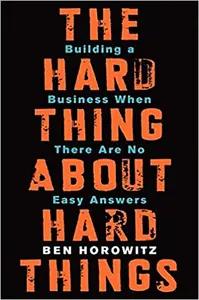
The Hard Thing About Hard Things
Ben Horowitz
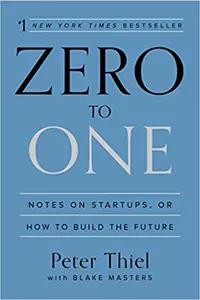
Zero to One
Peter Thiel
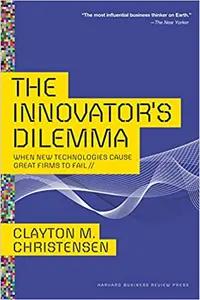
The Innovators Dilemma
Clayton Christensen
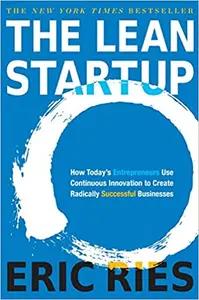
The Lean Startup
Eric Reis
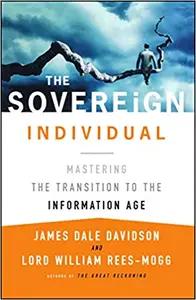
The Sovereign Individual
James Dale Davidson & William Rees-Mogg
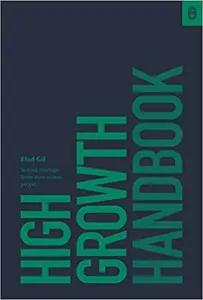
High Growth Handbook
Elad Gil
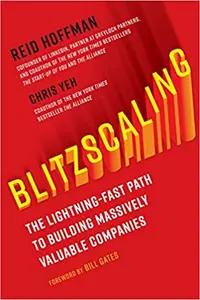
Blitzscaling
Reid Hoffman

American Kingpin
Nick Bilton

Becoming Steve Jobs
Brent Schlender
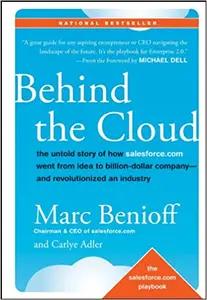
Behind the Cloud
Marc Benioff

The Internet of Money Volume 1
Andreas Antonopolous
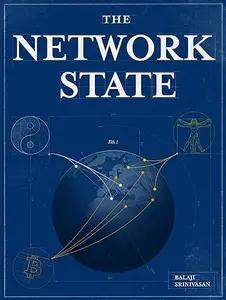
The Network State
Balaji Srinivasan
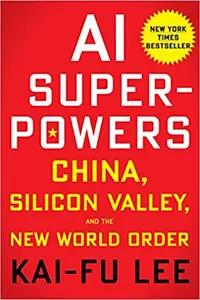
AI Superpowers
Kai-Fu Lee
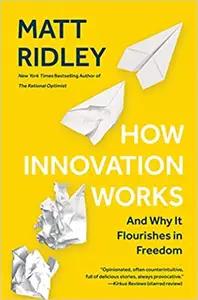
How Innovation Works
Matt Ridley
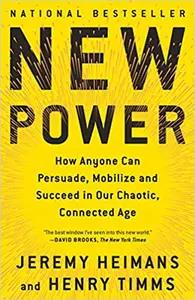
New Power
Jeremy Heimans

Read Write Own
Chris Dixon

Super Pumped
Mike Isaac

The Airbnb Story
Leigh Gallagher
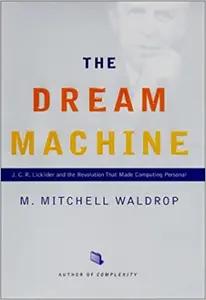
The Dream Machine
M. Mitchell Waldrop
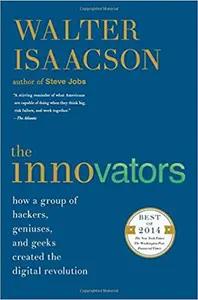
The Innovators
Walter Isaacson
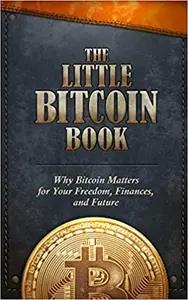
The Little Bitcoin Book
Bitcoin Collective
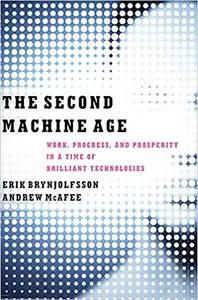
The Second Machine Age
Erik Brynjolfsson

The Seventh Sense
Joshua Ramo

Virtual Society
Herman Narula

Whole Earth Discipline
Stewart Brand
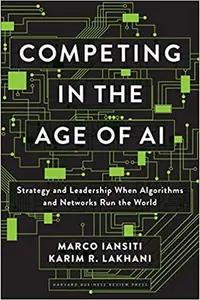
Competing in the Age of AI
Marco Iansiti
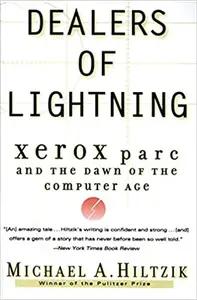
Dealers of Lightning
Michael A. Hiltzik

Digital Gold
Nathaniel Popper
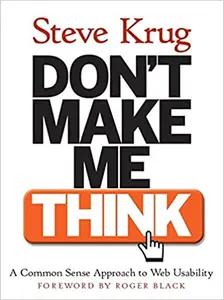
Don't Make Me Think
Steve Krug

Empires of Light
Jill Jonnes
Popular Books Recommended by Great Minds 📚

Thinking In Bets
Annie Duke
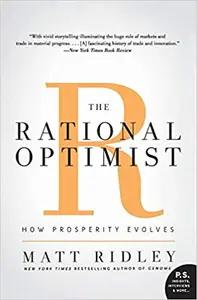
The Rational Optimist
Matt Ridley

Measure What Matters
John Doerr

Extreme Ownership
Jocko Willink
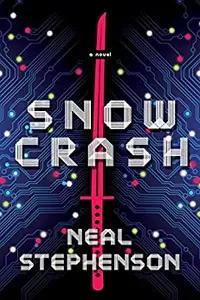
Snow Crash
Neal Stephenson

The Ascent of Money
Niall Ferguson
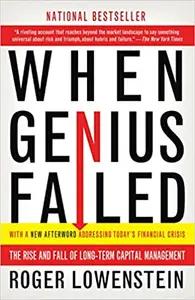
When Genius Failed
Roger Lowenstein

The Courage To Be Disliked
Ichiro Kishimi
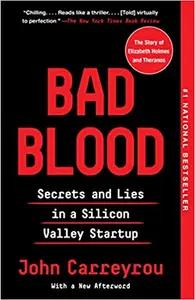
Bad Blood
John Carreyrou
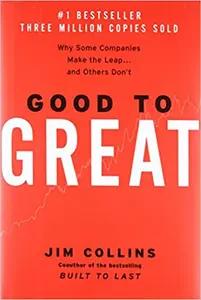
Good To Great
Jim Collins
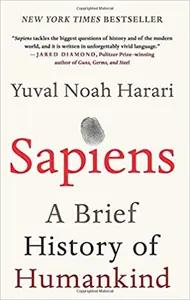
Sapiens
Yuval Noah Harari
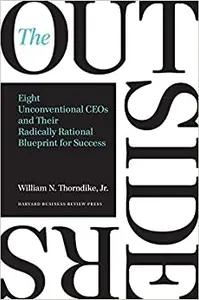
The Outsiders
William Thorndike

The Ride of a Lifetime
Bob Iger
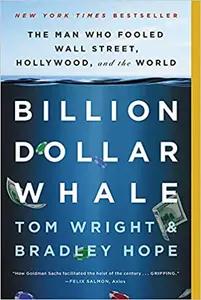
Billion Dollar Whale
Tom Wright
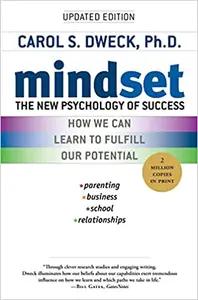
Mindset
Carol Dweck

Becoming Steve Jobs
Brent Schlender

American Kingpin
Nick Bilton

The Internet of Money Volume 1
Andreas Antonopolous

Rework
Jason Fried

1984
George Orwell

The Lessons of History
Will & Ariel Durant

The Sovereign Individual
James Dale Davidson & William Rees-Mogg

Scale
Geoffrey West

Foundation
Isaac Asimov

The Moment of Lift
Melinda Gates
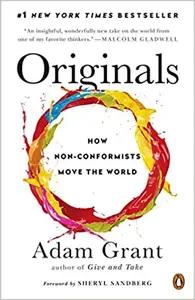
Originals
Adam Grant

Why We Sleep
Matthew Walker
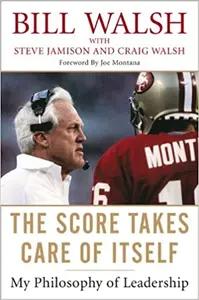
The Score Takes Care of Itself
Bill Walsh

The Network State
Balaji Srinivasan

The Hitchhikers Guide to the Galaxy
Douglas Adams
